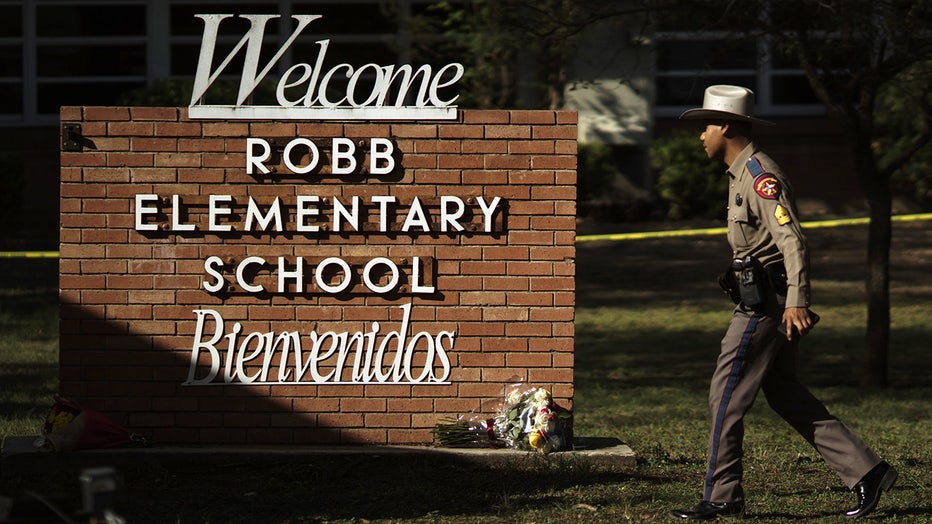How to answer your child's Texas school shooting questions - a therapist explains
LIVONIA, Mich. (FOX 2) - An elementary school surrounded by police, grief-stricken parents and children. The images break your heart - and likely leave your children - with a lot of questions.
"There is no perfect way to talk about something that is so horrific," said Jill Blackson.
Blackson is a therapist - she's also a parent - and the director at Hegira Health, offering advice on how to talk with your children about the tragedy in Texas.
"The younger your child, obviously the simpler you're going to keep it - so maybe for a child who has not heard anything about this, you don't want to bring it up to them - you don't need to, and as they get older they can take on more information," she said.
Blackson says it's a good idea to limit social media - and turn off the TV.
"If your child is talking about this and looking at images, try to limit those images, because those can have some long-term effects," she said.
She says to help point out that this horrible thing happened - but there were some people who really cared and jumped in to help, and will always do so for them.
"We want to let our kids know how much we love them and respect them and value them," said Joe Vercellino. "Reminding them that they're emotionally safe can help them feel physically safe."
Vercellino is a parent of three young children and a teacher of the year in 2021 - he now travels with students to area schools to talk about self worth - which he says parents should be talking about with their kids right now.
"What do we do with all the energy and the outrage that we're feeling, channel that into making other people feel their worth and affirming life," he said.
Still that can be a challenge for parents who are feeling pretty emotional themselves.
"What we can do is make our children feel as safe as possible - I think that it's such a traumatic event for an adult - that we have to get our own emotions in check and deal with it ourselves, so that we can help our children," she said.
That means checking in, talking, sticking to a routine - and keeping a close eye on how your children are doing.
Blackson says sometimes if your child is anxious, stressed or depressed, it will show up physically - like a stomach ache or sleeplessness. She says if those symptoms persist - if you can't get through to your child - don't be afraid to seek professional help.
And that goes for your children - as well as yourself.
For more information about Vercellino and the work he does with teen anxiety and depression, go to thelionheartexperience.com

Law enforcement outside Robb Elementary School in Uvalde, Texas, US, on Wednesday, May 25, 2022. (Eric Thayer/Bloomberg via Getty Images)

